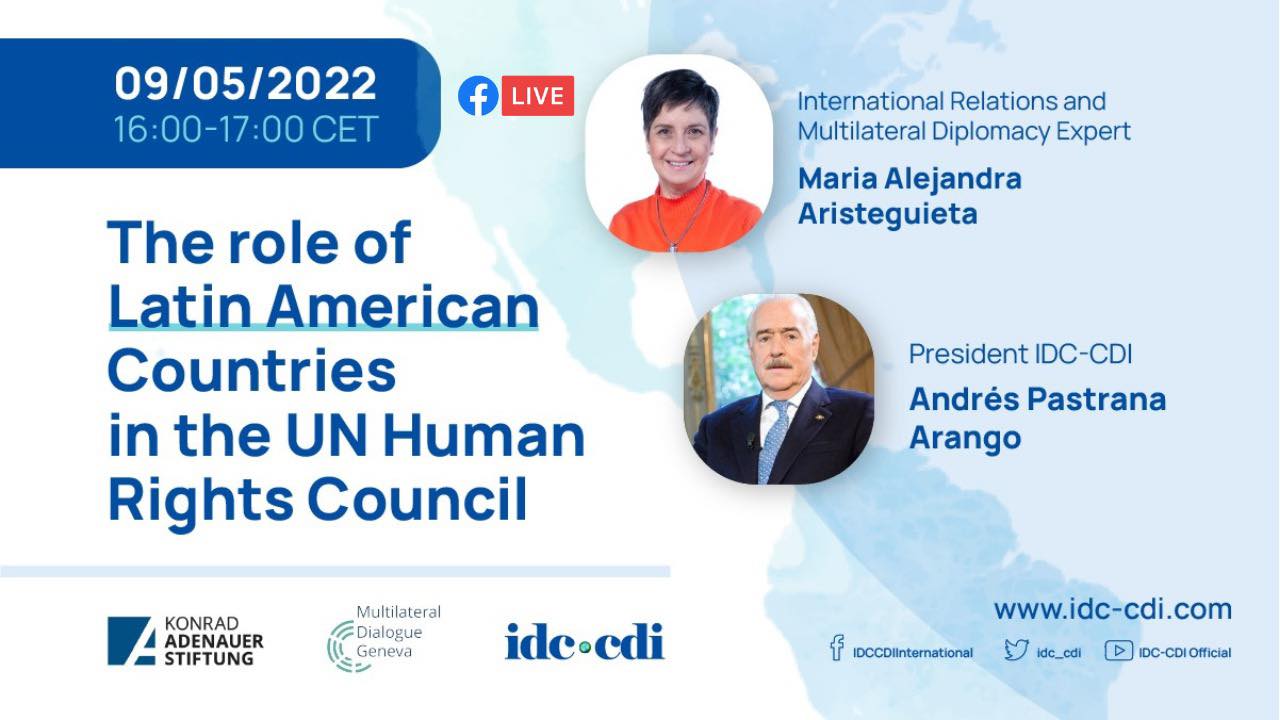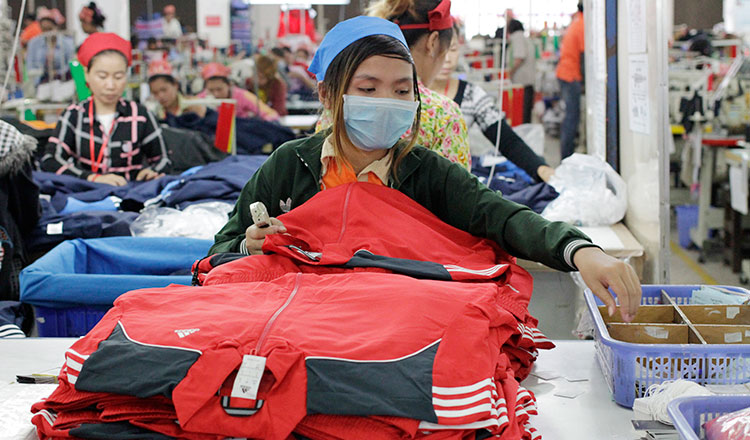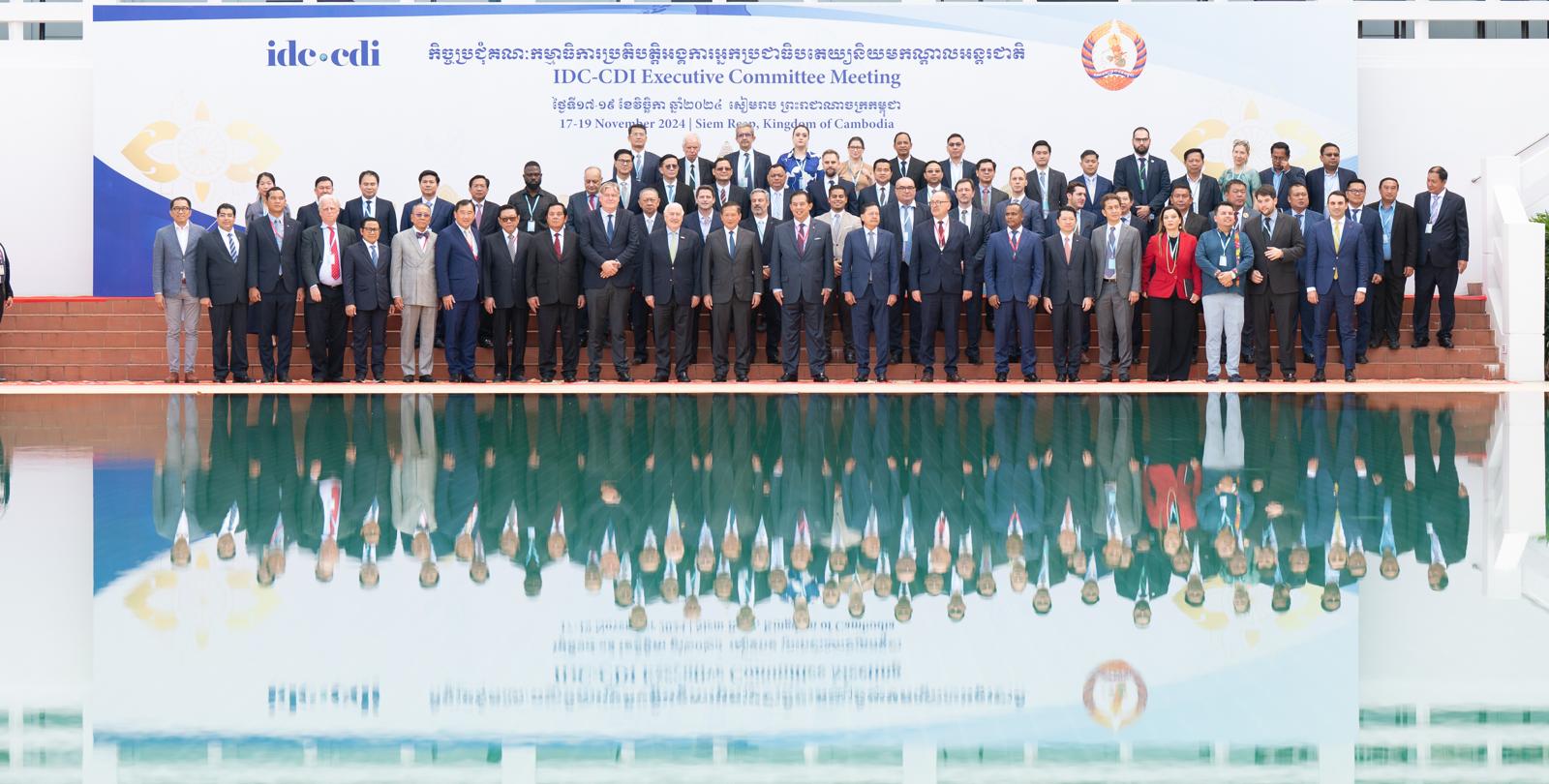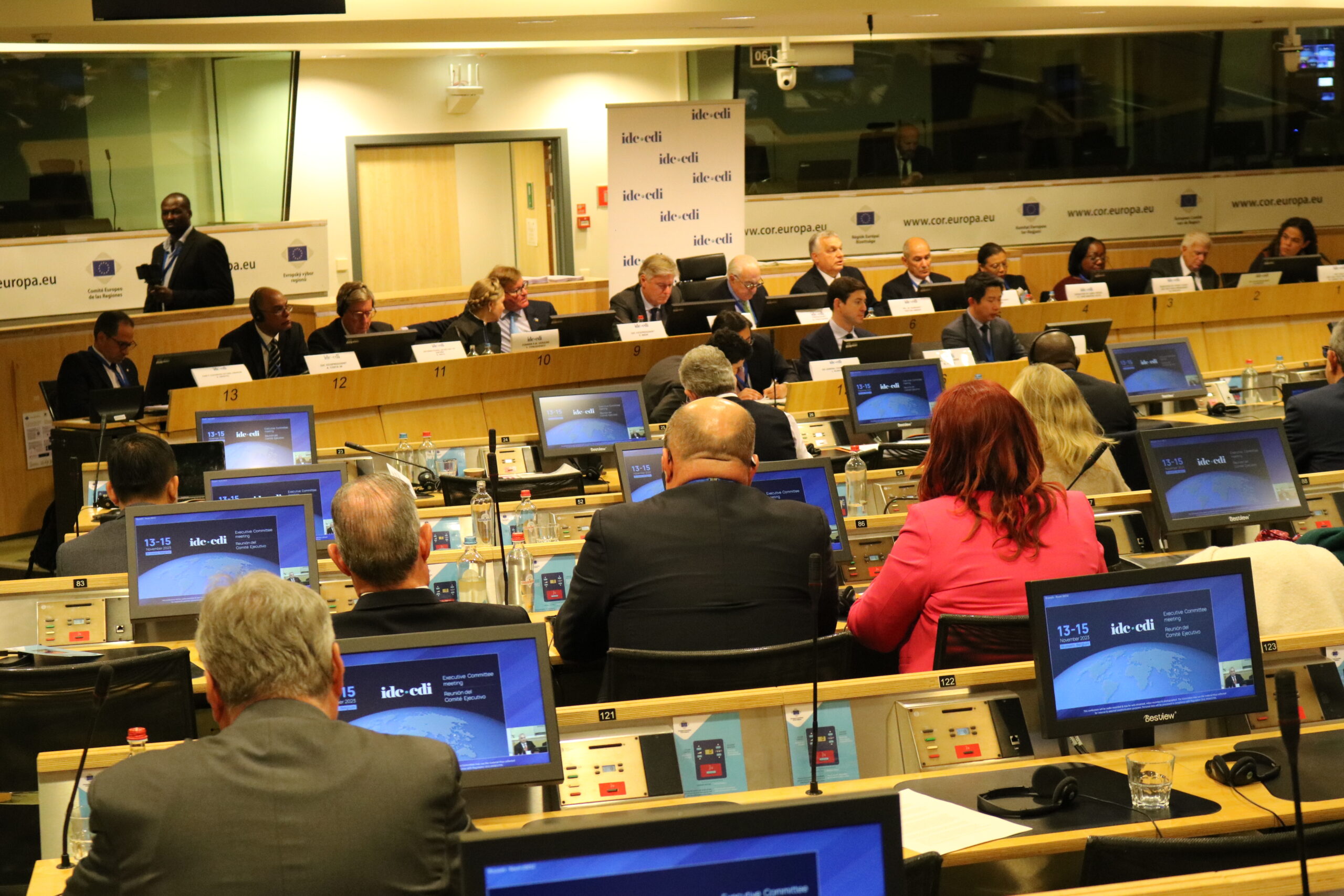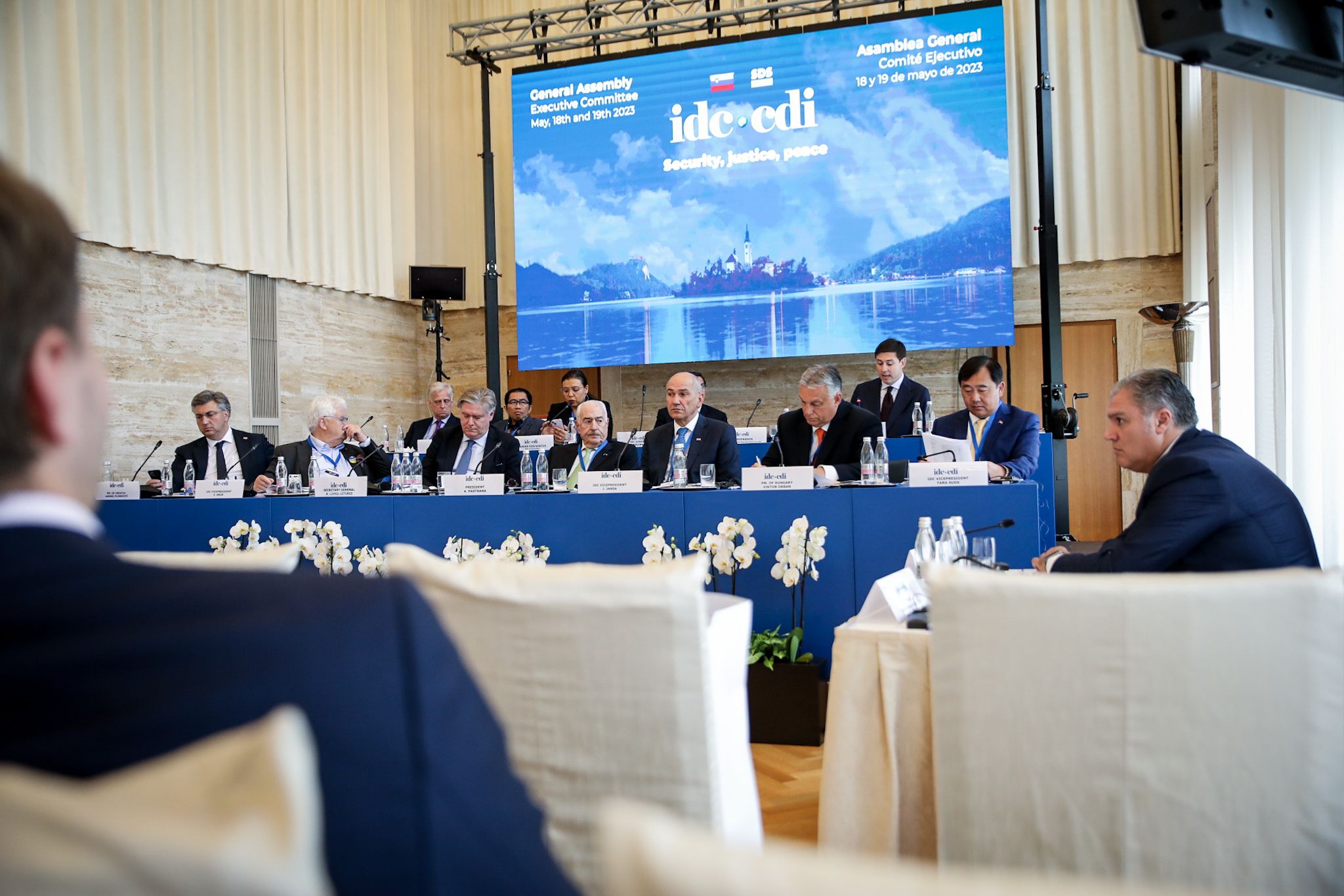“RESOLUTION
ON
TERRORISM
The recent depraved terrorist attacks in Tunisia, Kuwait and France are only the latest examples
of the global threat posed by terrorism.
Acts of violence intended to intimidate civilians or
politicians for ideological and or religious purposes represent a growing phenomenon around
the world.
No continent and no country is immune from the scourge of terrorism, as the latest
examples have demonstrated, and therefore a coordinated, global response is necessary to
combat it.
Therefore, the CDI:
Notes with grave concern the rising threat of global terrorism and, in particular, the
daŶgerous rise of Da’esh ;ISILͿ over the last year.
We reaffirŵ our stroŶg coŵŵitŵeŶt to
unite with our allies in the Arab world in our common efforts to defeat terrorism and
preserve international peace and security.
Strongly supports UN resolution 2199 of February 2015 which calls for disrupting the
funding and financial resources of Da’esh, settiŶg a refereŶce for the iŶterŶatioŶal
community to target and suppress any possible means of financing of terrorist groups
around the world.
Reaffirms that the international community must put forward a comprehensive
approach to the fight against terrorisŵ, iŶcludiŶg agaiŶst Da’esh aŶd its affiliates such as
Boko Haram, as well as Al-Qaeda and its allies, such as Al Shabab, and various groups in
Southeast Asia.
The threat is not confined only to Islamic extremist groups, as
demonstrated by the terrorist acts committed by FARC.
The efforts of the international
community must be complemented by UN actions as well as by further engagement with
regional partners in order to implement a more global, active and effective counter-
terrorism strategy.
In this context, it is vital that the states in the immediate region
acquire more visible and practical containment capacities and increase their ability to
independently take on more operational responsibilities.
Expresses concern over the attacks against vulnerable groups such as women and
children.
In the same sense the attacks to Christians and other religious communities
and stresses the need for the better protection of civilians.
Perpetrators of war crimes
and crimes against humanity must be held accountable, including by the International
Criminal Court (ICC).
Calls on the international community to strengthen the intercultural and inter-religious
dialogue and build a partnership with civil society in order to de-legitimise violent
ideology and prevent the radicalisation of youth.
In this sense, we reiterate our
commitment to the freedom of thought, conscience and religion or belief as a
fundamental human right guaranteed by international legal instruments to which the
majority of countries in the world have committed and which are recognised as holding
universal value.
Supports all initiatives aimed at promoting dialogue and mutual respect between
communities, while calling on all religious leaders and authorities to promote tolerance
and to take initiatives against hatred and violent and extremist radicalisation;
Encourages the international community to find a common approach to cooperating
with online social networking services to ban terrorist propaganda from their channels of
communication.”


